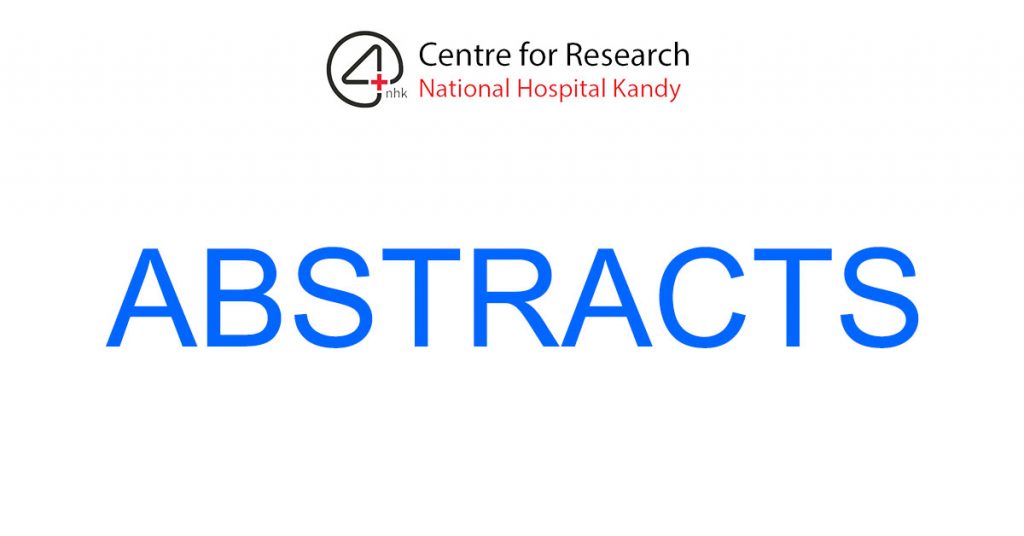
Research is a crucial aspect of scientific progress, and it plays a significant role in enhancing our understanding of the world around us. The pursuit of knowledge has helped to advance medicine, technology, and countless other fields, leading to significant improvements in the quality of life for many people. However, there are also potential negative effects of research that cannot be ignored. In this article, we will explore some of the bad effects of research and discuss how we can mitigate their impact.
- Ethical Issues
One of the primary bad effects of research is the potential for ethical issues to arise. In the pursuit of knowledge, researchers may engage in experiments or studies that involve subjects who are vulnerable, such as children or people with mental or physical disabilities. In some cases, these studies may cause harm to the subjects involved, or they may violate their rights or privacy. This can lead to significant negative consequences for the individuals involved, as well as for the researchers and the scientific community as a whole.
To mitigate the impact of these ethical issues, researchers must adhere to strict ethical guidelines and standards. Institutional review boards and ethics committees play a critical role in ensuring that research is conducted in an ethical and responsible manner. Researchers must also be aware of the potential risks and benefits of their studies, and they must take steps to minimize the risks and ensure that the benefits outweigh them.
- Misuse of Research
Another bad effect of research is the potential for it to be misused. Research findings can be misinterpreted, misused, or selectively presented to advance political or economic agendas. This can lead to misinformation and a distortion of scientific knowledge, which can have serious consequences for public policy and public health. The misuse of research can also contribute to the spread of pseudoscience, conspiracy theories, and misinformation, which can undermine public trust in science.
To mitigate the misuse of research, researchers must be transparent and honest about their findings. They must also work to ensure that their research is accessible and understandable to the public, so that people can make informed decisions based on the available evidence. Additionally, policymakers and the media must be cautious in their interpretation and presentation of research findings, to avoid distorting or misusing them.
- Negative Impact on Subjects
Research can have a negative impact on the subjects involved in the study. In some cases, subjects may be subjected to physical or psychological harm, or they may be asked to participate in studies that are invasive or uncomfortable. This can lead to long-term negative consequences for the subjects involved, including physical and mental health problems, and a loss of trust in the scientific community.
To mitigate the negative impact of research on subjects, researchers must prioritize the safety and well-being of their subjects. They must obtain informed consent from subjects, and they must ensure that the risks and benefits of the study are clearly explained. Researchers must also take steps to minimize the risks to subjects, and they must provide appropriate support and follow-up care as needed.
In conclusion, research has the potential to produce many positive outcomes, but it is essential to recognize and address the potential negative effects. To mitigate the bad effects of research, researchers must adhere to ethical guidelines, be transparent and honest about their findings, prioritize the safety and well-being of their subjects, and work to ensure that their research is accessible and understandable to the public. By doing so, we can maximize the positive impact of research and minimize the potential negative consequences.

